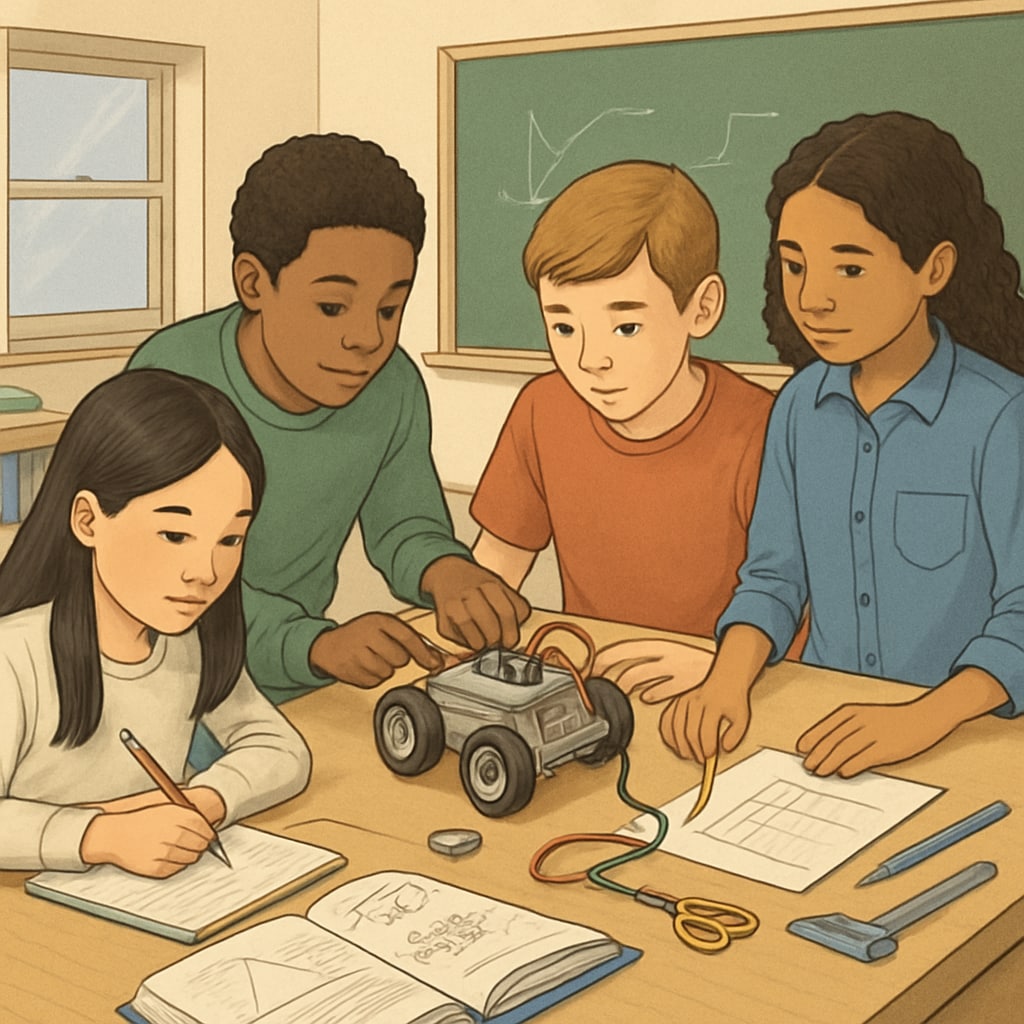Education has a profound impact on personal growth, critical thinking, and character development. The K12 education system, covering critical formative years, serves as the foundation for nurturing these essential qualities. By emphasizing critical thinking, self-awareness, and inclusivity, K12 education prepares students to navigate complexities in their personal and professional lives.

The Role of K12 Education in Character Development
Character development is a cornerstone of education. During the K12 years, students learn values such as responsibility, empathy, and resilience. Schools play an active role by integrating these traits into their curricula and culture. For example, programs that encourage teamwork in projects or community service initiatives help students internalize these values.
Moreover, educators can impact character development by modeling ethical behavior and creating an environment of mutual respect. These practices foster a sense of accountability and integrity among students, ensuring they grow into responsible individuals.
Fostering Critical Thinking Skills
Critical thinking—the ability to analyze, evaluate, and synthesize information—is an indispensable skill in the modern world. K12 education systems increasingly prioritize this skill through innovative teaching methods like project-based learning and Socratic questioning. These approaches encourage students to challenge assumptions, explore diverse perspectives, and develop well-reasoned conclusions.
For example, a science experiment that requires students to hypothesize and test their ideas nurtures analytical thinking. Similarly, debates on social issues enable learners to back their arguments with evidence, honing their ability to think critically.

The Importance of Self-Awareness and Inclusivity
Self-awareness and inclusivity are vital components of personal growth. Through reflective practices, such as journaling or group discussions, students gain insight into their thoughts, emotions, and behaviors. This self-awareness lays the groundwork for emotional intelligence, an essential trait for building relationships and making informed decisions.
Inclusivity, on the other hand, prepares students to thrive in diverse environments. Schools can foster inclusivity by celebrating cultural diversity, teaching tolerance, and encouraging collaboration. These practices help students develop an open-minded worldview, which is critical in today’s interconnected society.
Collaboration Between Schools and Families
To optimize the impact of K12 education on personal and intellectual growth, collaboration between schools and families is crucial. Parents and educators should work together to reinforce values and skills taught in classrooms. For instance:
- Parents can support critical thinking by engaging their children in meaningful conversations at home.
- Schools can involve families in community service projects, aligning home and school efforts in character development.
- Regular communication between educators and parents can address individual needs, ensuring holistic development.
As a result of this partnership, students enjoy a cohesive learning experience that nurtures their minds and hearts.
Readability guidance: Short paragraphs and bullet points provide clarity, while overuse of passive voice is minimized. Comprehensive yet concise, the article employs transitions to ensure flow and accessibility.


